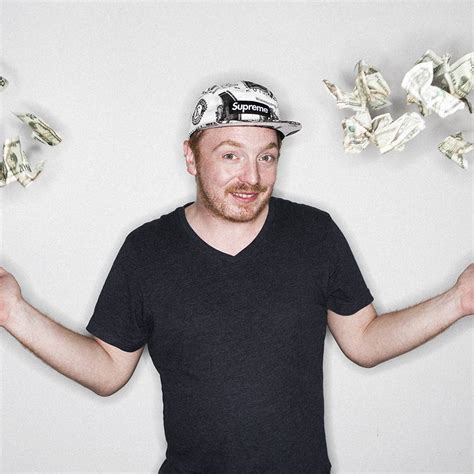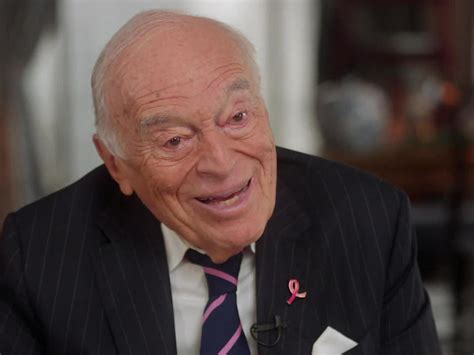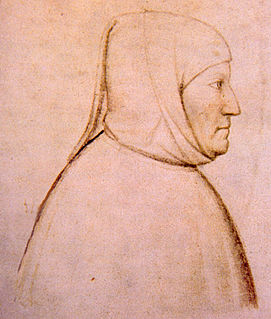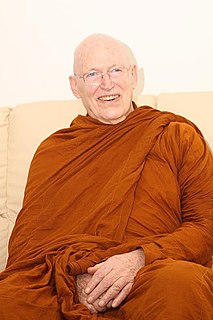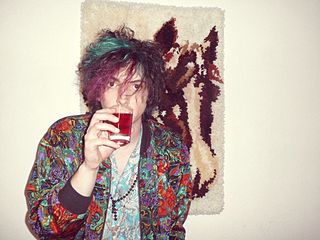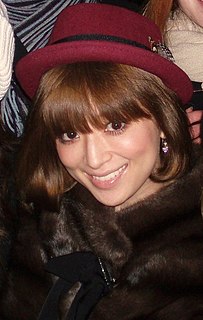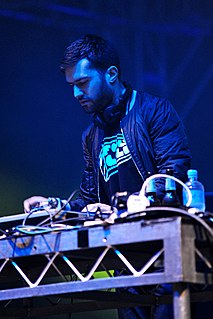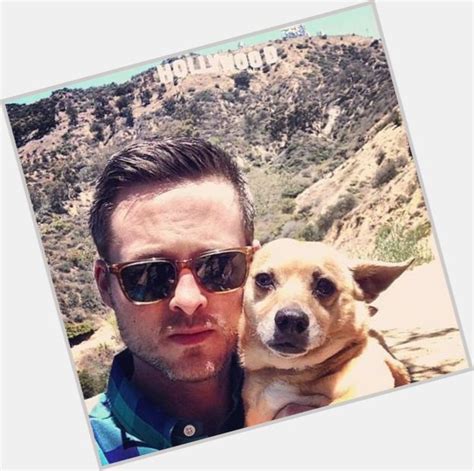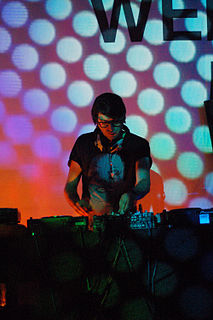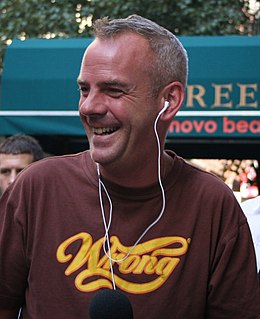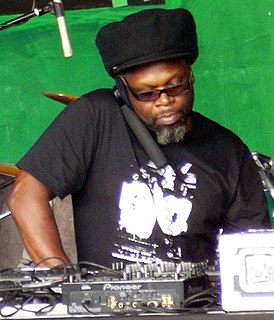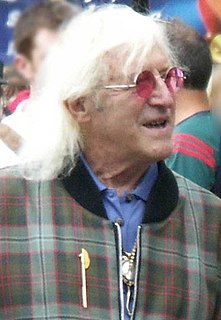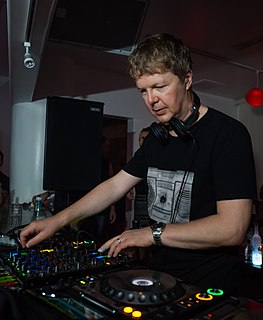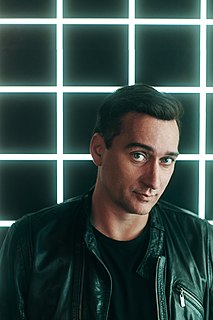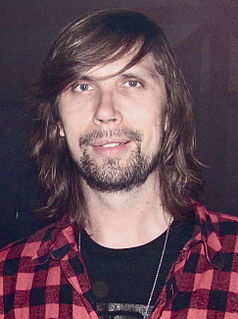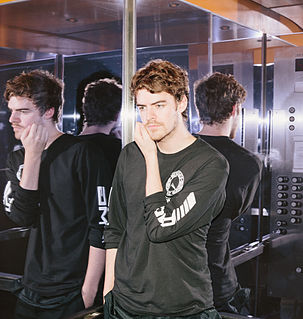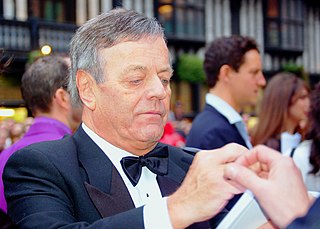A Quote by Oliver $
Shall I throw away the materials and time paying homage to the perfectionist - knowing that nothing is ever perfect and also knowing that redoing yesterday is not always proceeding to tomorrow's discovery? What an eternal debate!
Related Quotes
A visionary is someone who can see the future, or thinks he sees the future. In my case, I use it and it comes out right. That doesn't come from daydreams or dreams, but it comes from knowing the market and knowing the world and knowing people really well and knowing where they're going to be tomorrow.
Right now you can allow yourself to experience a very simple sense of not knowing - not knowing what or who you are, not knowing what this moment is, not knowing anything. If you give yourself this gift of not knowing and you follow it, a vast spaciousness and mysterious openness dawns within you. Relaxing into not knowing is almost like surrendering into a big, comfortable chair; you just fall into a field of possibility.
Eventually we realize that not knowing what to do is just as real and just as useful as knowing what to do. Not knowing stops us from taking false directions. Not knowing what to do, we start to pay real attention. Just as people lost in the wilderness, on a cliff face or in a blizzard pay attention with a kind of acuity that they would not have if they thought they knew where they were. Why? Because for those who are really lost, their life depends on paying real attention. If you think you know where you are, you stop looking.
I do what I love to do at the moment. If I wake up tomorrow and decide I want to dance, that's what I'd do. Or design clothes. I think I'd throw myself into whatever I'm doing now. It's not about abandoning what I was doing before, or giving up. It's about knowing that if I die tomorrow, I lived the way I wanted to.
